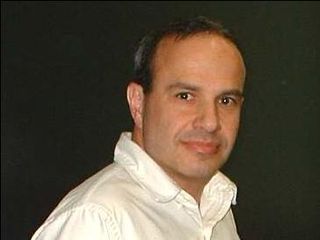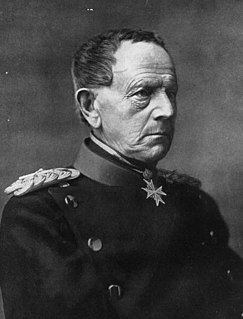A Quote by Philip Kitcher
I'm very suspicious of the idea of a "final theory" in natural science, and the thought of a complete system of ethical rules seems even more dubious.
Related Quotes
As soon as science has emerged from its initial stages, theoretical advances are no longer achieved merely by a process of arrangement. Guided by empirical data, the investigator rather develops a system of thought which, in general, is built up logically from a small number of fundamental assumptions, the so-called axioms. We call such a system of thought a theory. The theory finds the justification for its existence in the fact that it correlates a large number of single observations, and it is just here that the 'truth' of the theory lies.
Newton's theory is not 'not right', it just does not cover all distances. Contrary to popular belief, theories in science are not proven wrong, they are just replaced by more complete and convenient theories. To sound provocative, even the geocentric theory was never "proven" wrong, it is just not as convenient as the heliocentric theory, since it requires endless epicycles.
Strategy is a system of makeshifts. Is is more than a science. It is bringing knowledge to bear on practical life, the further elaboration of an original guiding idea under constantly changing circumstances. It is the art of acting under the pressure of the most demanding conditions...That is why general principles, rules derived from them, and systems based on these rules cannot possibly have any value for strategy.
The theory of natural selection is the centerpiece of The Origin of Species and of evolutionary theory. It is this theory that accounts for the adaptations of organisms, those innumerable features that so wonderfully equip them for survival and reproduction; it is this theory that accounts for the divergence of species from common ancestors and thus for the endless diversity of life. Natural selection is a simple concept, but it is perhaps the most important idea in biology.
One can truly say that the irresistible progress of natural science since the time of Galileo has made its first halt before the study of the higher parts of the brain, the organ of the most complicated relations of the animal to the external world. And it seems, and not without reason, that now is the really critical moment for natural science; for the brain, in its highest complexity-the human brain-which created and creates natural science, itself becomes the object of this science.
A religious creed differs from a scientific theory in claiming to embody eternal and absolutely certain truth, whereas science is always tentative, expecting that modification in its present theories will sooner or later be found necessary, and aware that its method is one which is logically incapable of arriving at a complete and final demonstration.
Almost everyone... seems to be quite sure that the differences between the methodologies of history and of the natural sciences are vast. For, we are assured, it is well known that in the natural sciences we start from observation and proceed by induction to theory. And is it not obvious that in history we proceed very differently? Yes, I agree that we proceed very differently. But we do so in the natural sciences as well.
When a scientist considers all high-tech mental machinery needed to arrange words into ordinary sentences, prescriptive rules are, at best, inconsequential little decorations. The very fact that they have to be drilled shows that they are alien to the natural workings of the language system. One can choose to obsess over prescriptive rules, but they have no more to do with language than the criteria for judging cats at a cat show have to do with mammalian biology.
In fact, nothing in science as a whole has been more firmly established by interwoven factual information, or more illuminating than the universal occurrence of biological evolution. Further, few natural processes have been more convincingly explained than evolution by the theory of natural selection, or as it has been popularly called, Darwinism.
I'd be very suspicious of anybody that seems to have to move to the next level of expression. I distrust that: now I'm writing a book, now I'm being an actor. It should be a natural thing. I think it's a natural thing for you to act. But I think that people that feel that, because they've written one maybe quite beautiful love song that equips them to play Romeo, is probably misguided.
I do very, very, very simple, skimpy doodles, nothing too committed. Because people tend to fall in love if they like it - if you color it in and they like it, then they want exactly those colors, even if they were just indications. You really have to do it as simple as possible so they can concentrate on the idea and composition. And then all of the energy goes into making the final piece. And the final piece can be anything - it can be a drawing, a painting, a collage - and usually, it's obvious what that should be. Usually, the idea dictates what medium you use.
































